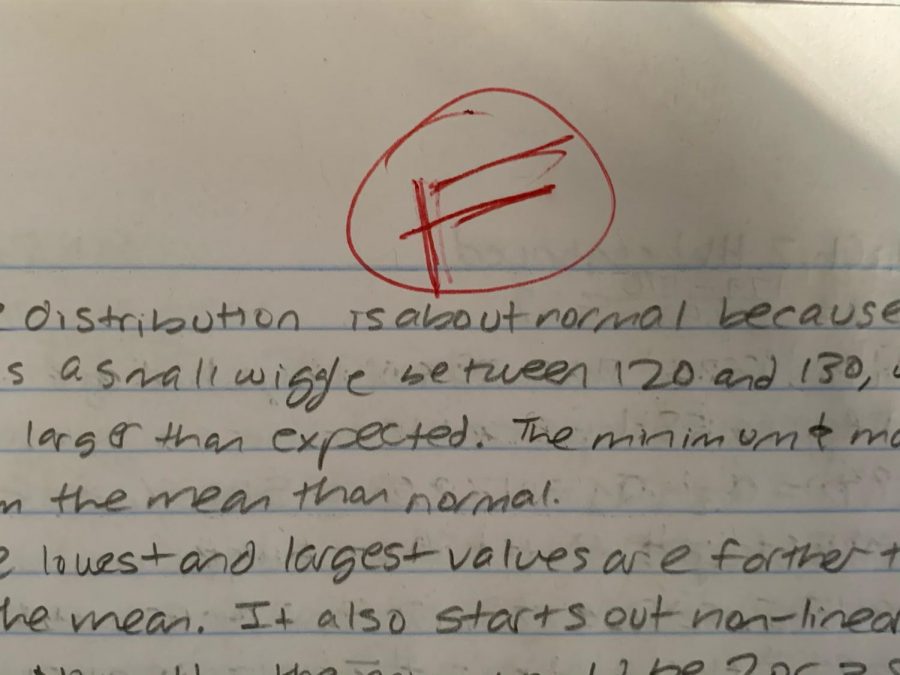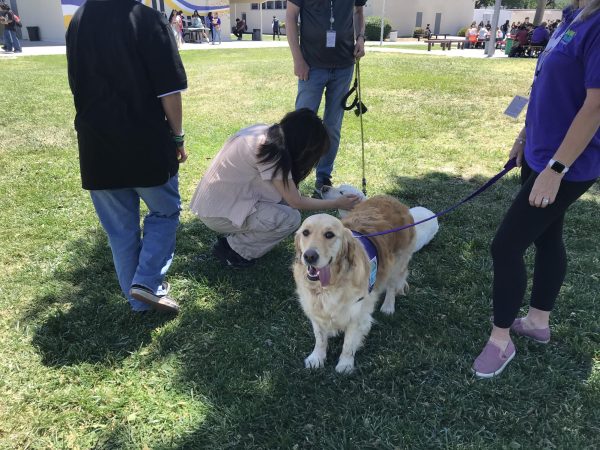Bay Area grades drop as remote learning continues
Lower grades are seen as a result of the continuation of online learning.
November 20, 2020
First quarter report cards were released a few weeks ago and remote learning grades dipped across the Bay Area.
Due to the shift in emphasis from assessments to assignments in most classes, educational tactics in online classrooms have been different. AP and Honors classes used to be test-heavy, but are now using alternate forms of review because it is harder to implement secure tests in remote learning.
“So I actually have noticed that my grades are higher, or inflated, compared to usual and that’s because we don’t really have tests like we did before,” said AV Honors Global Studies and AP Human Geography teacher Jennifer Zuanich.
While grades have gone up in Ms. Zuanich’s classes, the causes of stress in school have changed as many students struggle to adapt to remote learning. The use of technology for classes creates a whole new set of challenges for teachers to teach and students to learn and process information.
“Some common concerns include students feeling overwhelmed with the amount of work because the synchronous and asynchronous work often blends together or disconnected from peers and teachers,” said AV support counselor Jennifer Yu.
Remote learning means that teachers have less of an opportunity to interact with students, a shift that has had different impacts on students depending on what type of learning they prefer.
“[Some of] the factors that I have seen that have been impacting grades are organizational issues: students having trouble managing their Google Classrooms, homework, and due dates. [There are also] motivational issues of students having a hard time motivating themselves to get their work done,” said AV counselor Sheryl Pacheco.
There are many reasons as to why students are struggling with school this year, such as technology issues, mental health, economic issues, and social issues.
“Students that tend to thrive in a social environment are struggling more while students that found the regular pace of school too hectic are doing better,” said Zuanich.
Another challenge that may not have caused a dip in grades but could have long-term impacts on final or AP exam grades is the drop in attentiveness and classroom participation. The ease with which students can complete assignments may not reflect how much of the class material they actually understand and remember.
“I think one aspect of it is obviously time management and distractions, which are much easier to fall prey to when you’re on your own as opposed to in a classroom. But I think that the environment on Zoom makes it harder to be able to interact with the material,” said Ela Kulkarni (‘21).
While students may be feeling stressed due to the changes in class structure during remote learning, teachers and counselors are there to support students in minimizing that stress as much as possible.
“We are collaborating with various people to address wellness during this time. Examples include the Leadership Wellness Committee, and HUME Center, a local mental health community agency that is partnering up with us in offering counseling services,” said Yu.
But there are many students at Amador, with about ten counselors focused on certain areas. If a student is struggling and has not received help, it is advised that they email their counselor for an appointment.













![The outgoing EICs [left to right] Zenil Koovejee, Aileen Hu, Ritika Gupta, Zaynah Shah, and Audrey Combs take a picture with journalism advisor Wendy Connelly to commemorate their last banquet.](https://www.amadorvalleytoday.org/wp-content/uploads/2024/05/458E2D9A--600x451.jpg)

